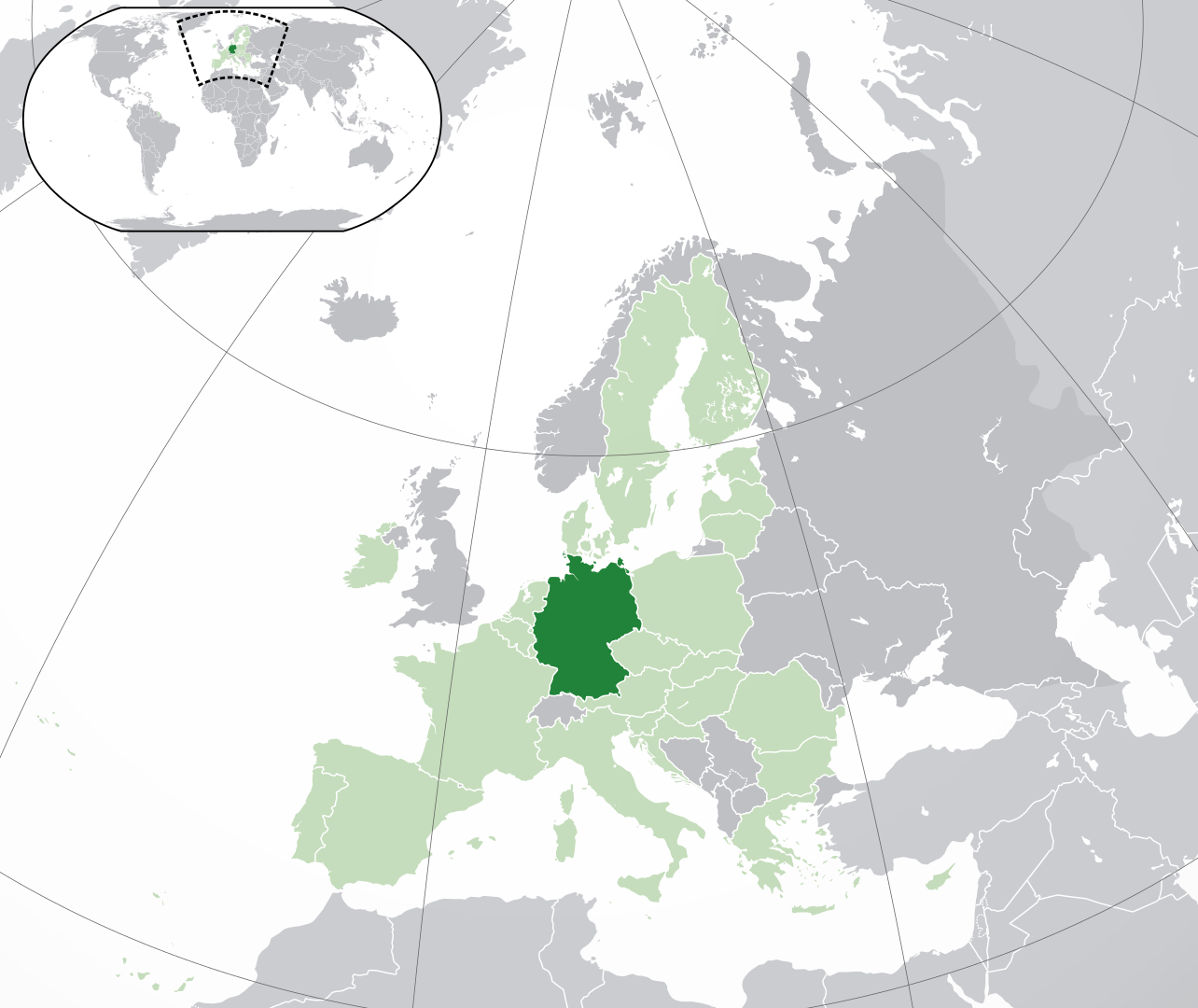 |
By Rolf Süssbrich - Own work, CC BY-SA 3.0,
https://commons.wikimedia.org/w/index.php?curid=863700
|
Jane Lambert
On 9 July 2020, the Commission published a communication entitled Getting ready for changes Communication on readiness at the end of the transition period between the European Union and the United Kingdom to the European Parliament, the Council, the European Economic and Social Committee and the Committee of the Regions (COM(2020) 324 final). While negotiations for a new relationship between the UK and the EU are intensifying the communication nites that even if the parties were to conclude an ambitious partnership covering all areas agreed in the Political Declaration such an agreement would create a relationship which will be very different from the United Kingdom’s participation in the EU Single Market and Customs Union, and in the VAT and excise duty area. It will inevitably create barristers to trade in goods and services and cross-border mobility and exchanges that do not exist today.
The communication considers the changes that will be required in the following sectors:
- Trade in goods
- Trade in services
- Energy
- Travel and tourism
- Mobility and social security coordination
- Company law and civil law
- Intellectual property
- Data protection
- International agreements.
For each of those topics, there is a statement of principle followed by "Advice to Businesses and Member State Administrations". For "Intellectual Property", for instance, there is a statement that the exhaustion of rights principle will continue until 31 Dec 2020. That is followed by the warning:
The British government has also started a publicity campaign to prepare the public for these changes. Yesterday it distributed by email to my and other subscribers an op-ed that the Rt Hon Michael Gove MP had published in The Daily Telegraph entitled "Outside the EU, a bright future awaits Britain."
Anyone wishing to discuss this article or the legal consequences of the end of the transition period should call my clerk, Stephen, on 07986 948267 or send me a message through my contact page.
"As of 1 January 2021, traders in the European Union can no longer invoke exhaustion vis-àvis right-holders when sourcing products from the United Kingdom."The advice to Businesses and Member State Administrations is:
"Businesses engaged in parallel trade from the United Kingdom should re-visit their business arrangements."The communication also notes that while existing EU unitary intellectual property rights (EU trade marks, Community designs, Community plant variety rights and geographical indications) remain protected under the Withdrawal Agreement, any new EU unitary rights will have a reduced territorial scope as they will no longer have effect in the UK.
The British government has also started a publicity campaign to prepare the public for these changes. Yesterday it distributed by email to my and other subscribers an op-ed that the Rt Hon Michael Gove MP had published in The Daily Telegraph entitled "Outside the EU, a bright future awaits Britain."
Anyone wishing to discuss this article or the legal consequences of the end of the transition period should call my clerk, Stephen, on 07986 948267 or send me a message through my contact page.




